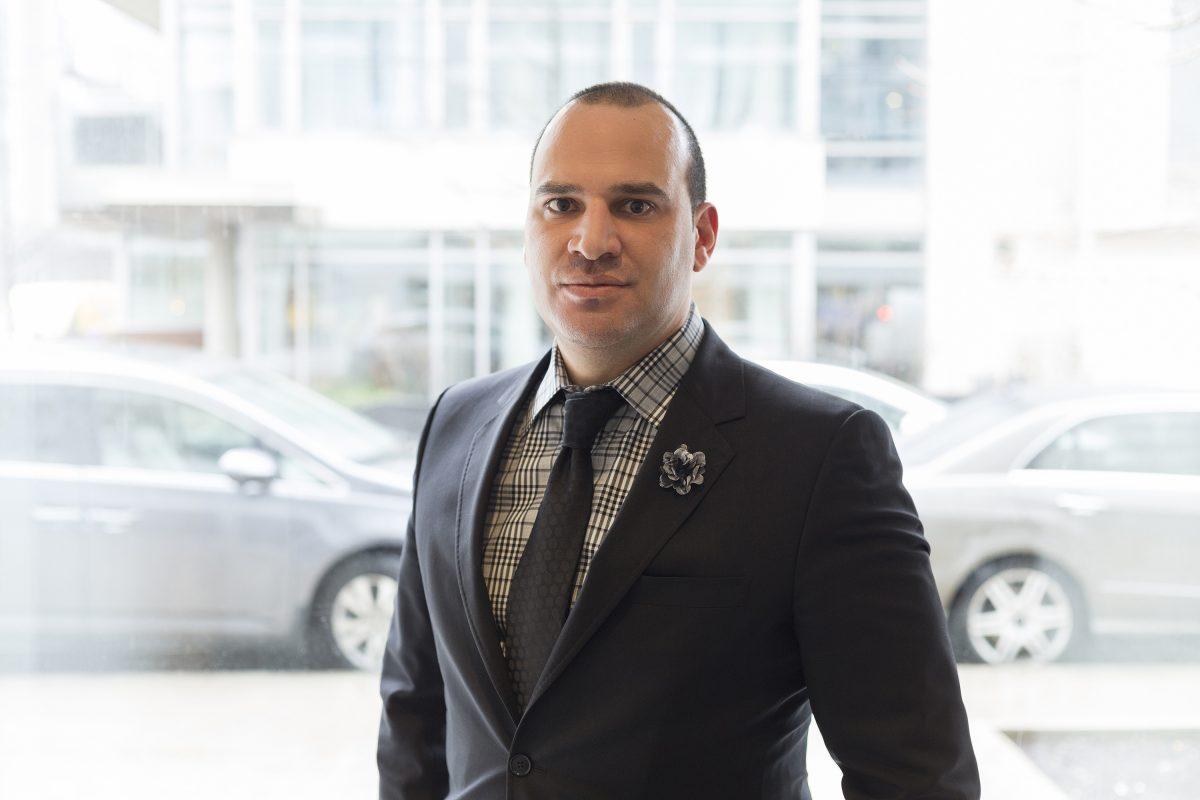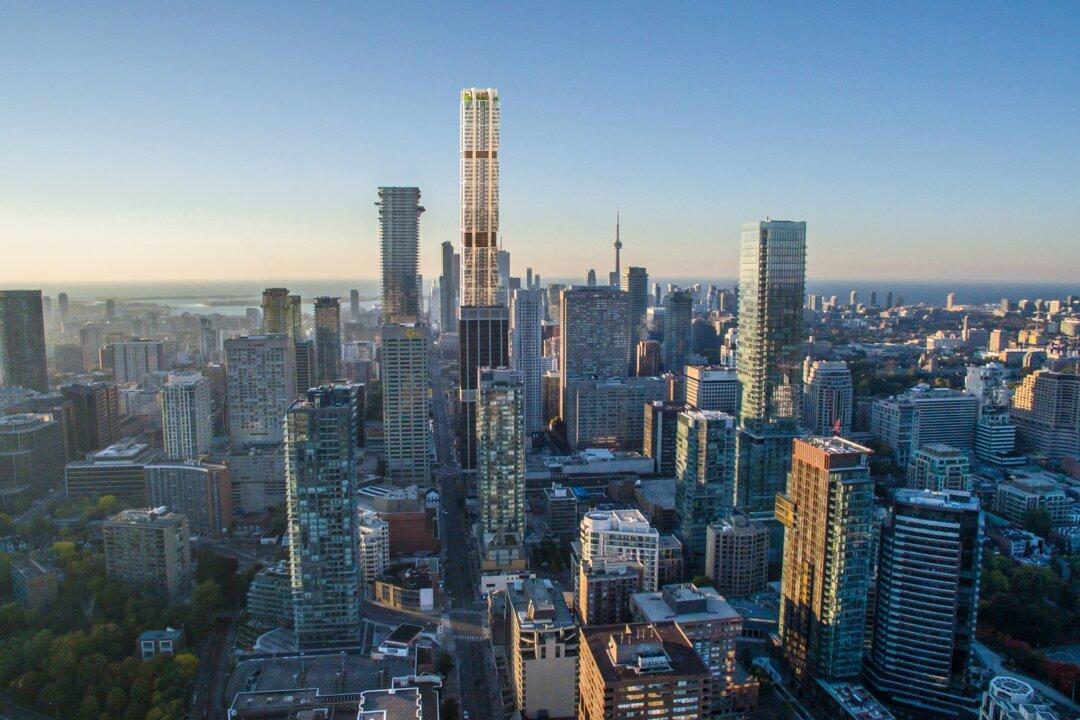Have no fears about Toronto’s real estate market as we head into 2018 – it will continue to be a sound investment, especially for those looking to buy a condo.

Eric Kuzuian, president of PSR Brokerage Ltd. Courtesy of PSR Brokerage Ltd.

Have no fears about Toronto’s real estate market as we head into 2018 – it will continue to be a sound investment, especially for those looking to buy a condo.
